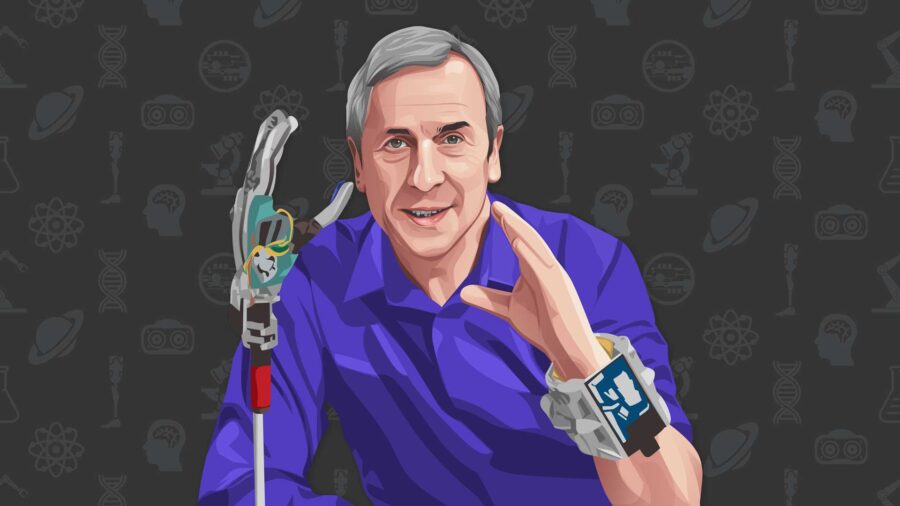Humans, we’re pretty limited in what we can do, let’s face it, mentally particularly. We just have a bunch of brain cells. And the possibility of enhancing our brain, our mental capabilities, I think is enormous.
Archive
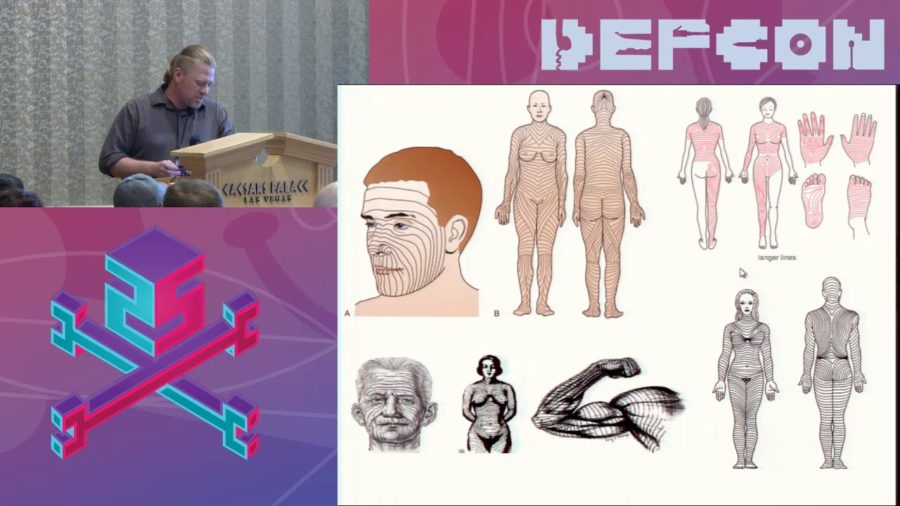
So grinders are a community committed to radically altering the body. And so sometimes it’s treatments like transcranial magnetic, or direct current stimulation. It could be through the use of previously untested chemicals like VIP. Often it takes the form of implanted devices. All these approaches come with risks. What I’m going to focus on today is why despite all the risks being taken, a grinder hasn’t died yet.
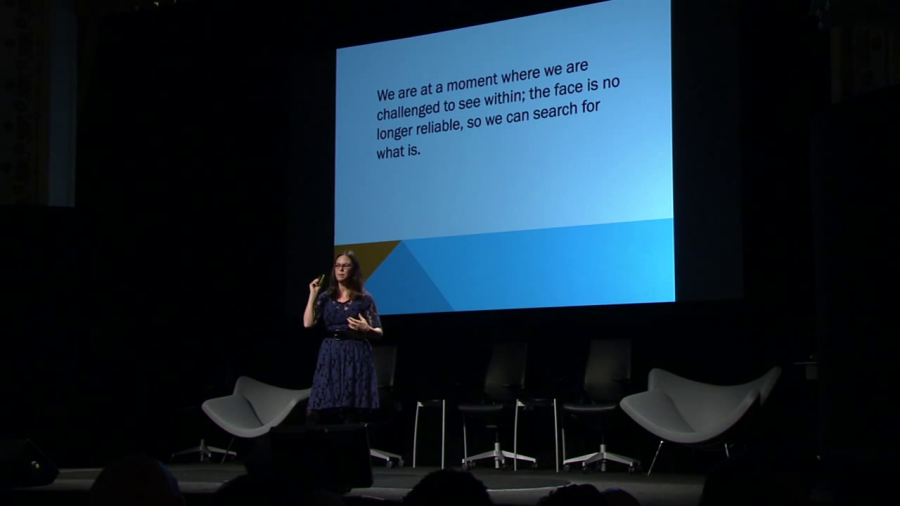
The French philosopher Immanuel Levinas has taught us that it is through our interactions with the face of somebody else, it is through encountering the face of another, that our responsibilities to someone else arise. You cannot look at somebody else, truly look at them, and then walk away without having some kind of sense of a relationship towards that person. But what if the other has no face? What then? Or what if the face of the other is actually the face of another person entirely?
We are a communal animal that’s developed to believe that it’s the center of the universe. And we behave as such. You know, we want to conquer, because our brain is wired to want to eat and fuck another day, you know what I mean. That’s what we’re wired to do. That’s where our evil comes from. It’s our animal roots that cause us to need things, and desire things.
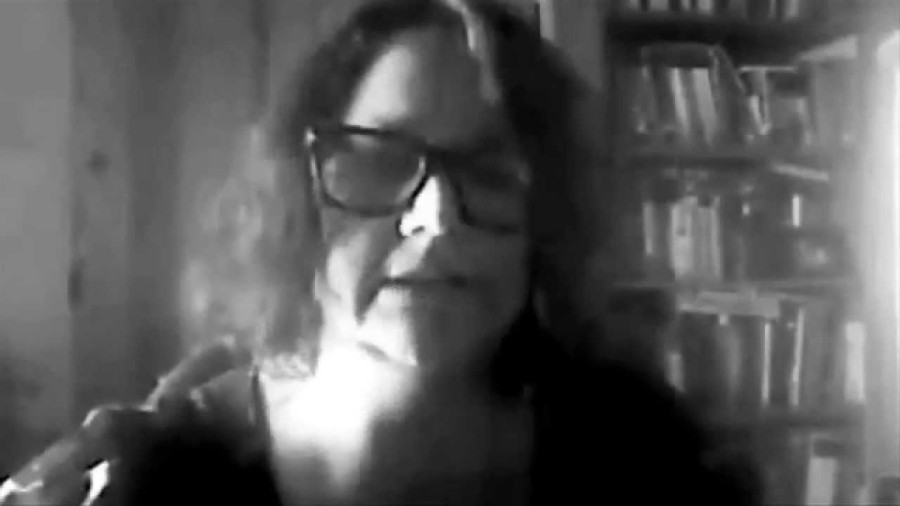
Even if [the media] are going to talk about a fine art show in Paris, they still fall back on those same old phrases, which is, “You’re not going to find sailors here!”
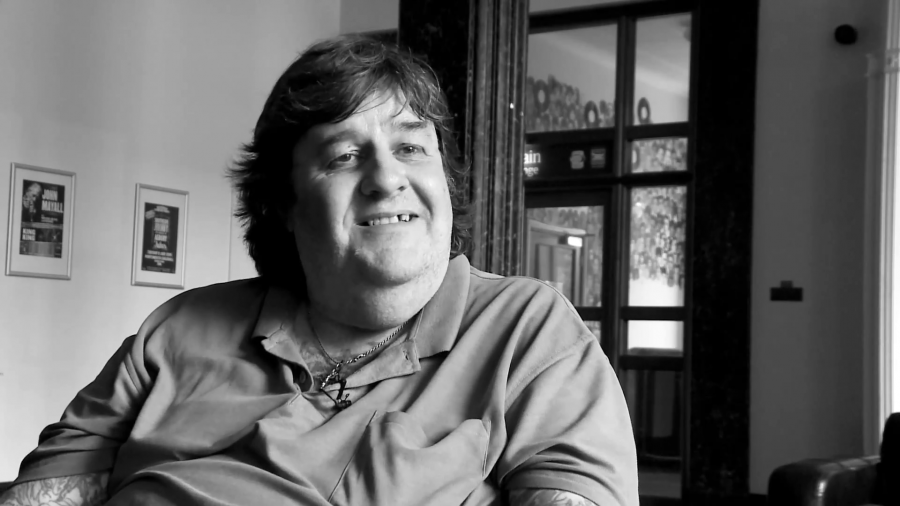
I’ve been tattooed by members of my family and people who’ve never tattooed before, because I just want the mark. To me, the tattooing is more of a mark than an actual picture.
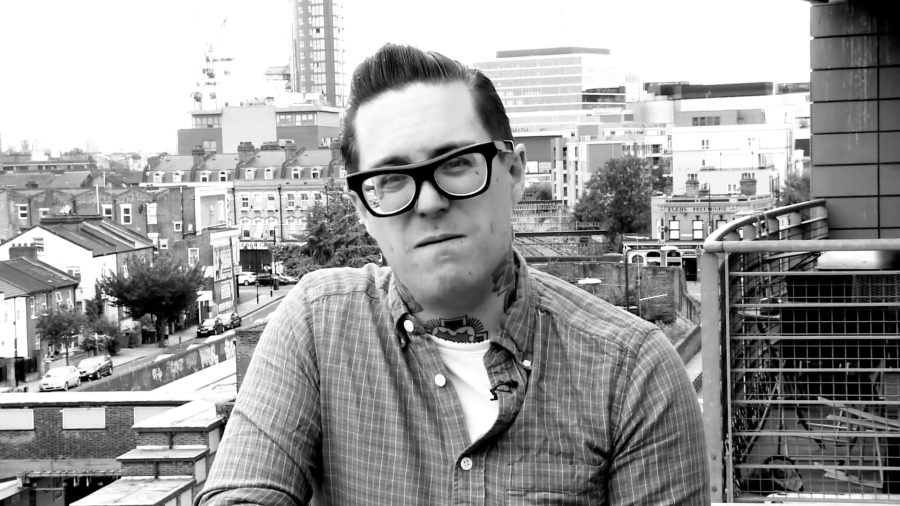
Not really many art professionals, or any art professionals really, have though through what this might mean for art practice and art theory. How can we think about tattooing as an art form? If we do think about it as an art form, what are the consequences of that for the ways tattooing is normally understood?

